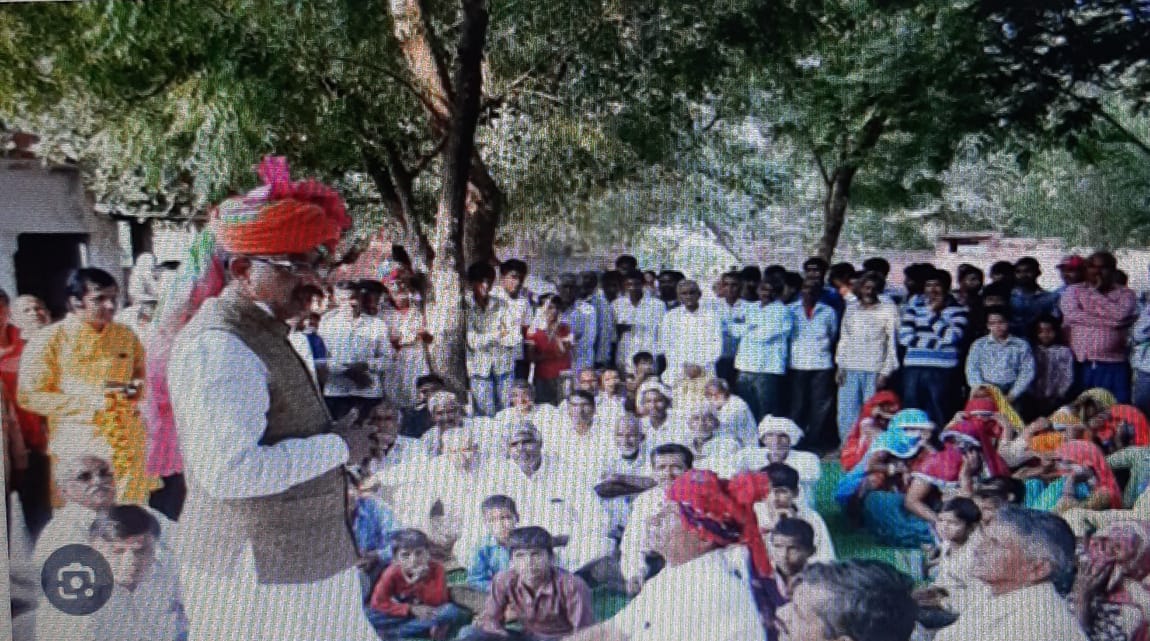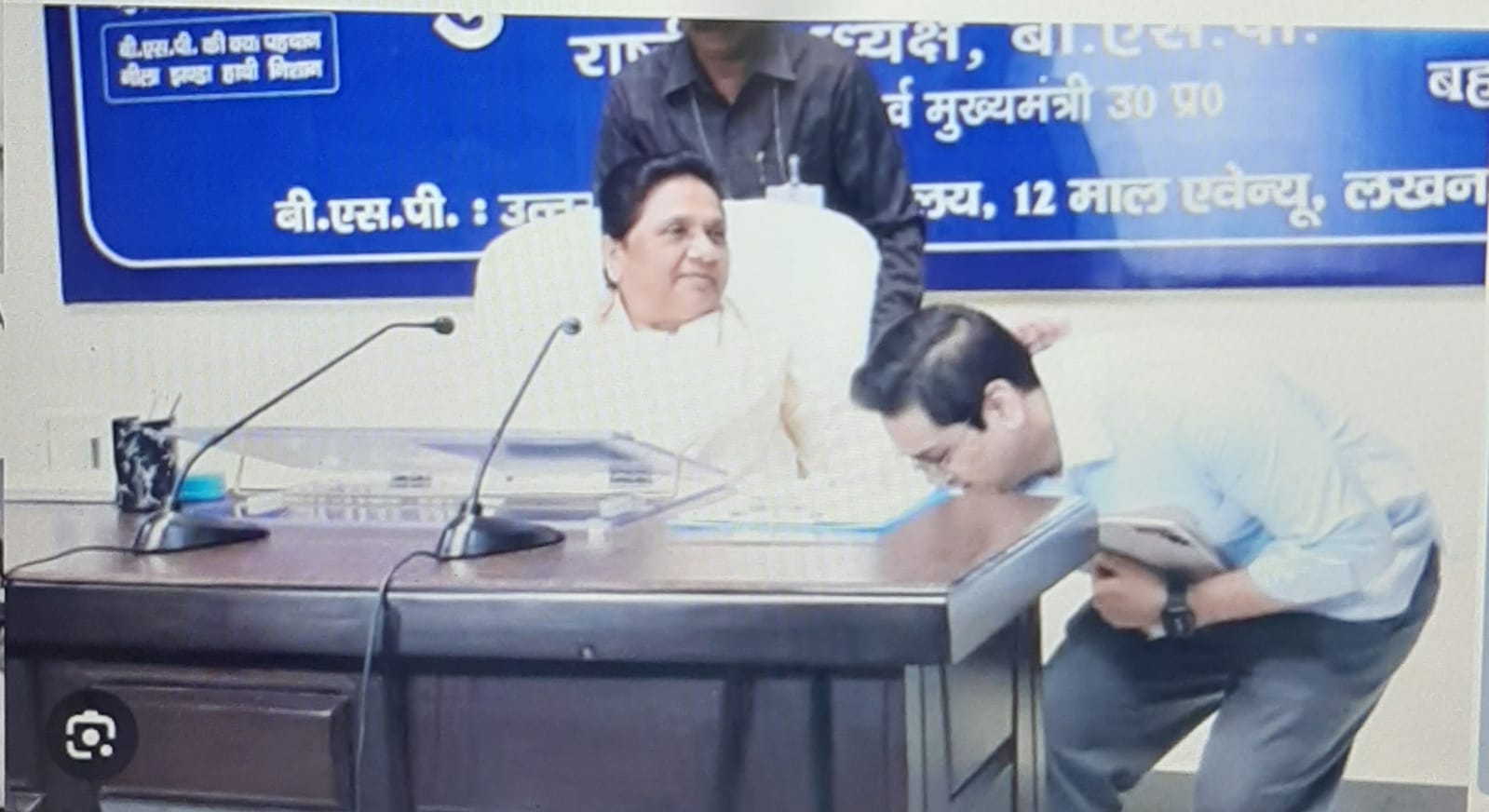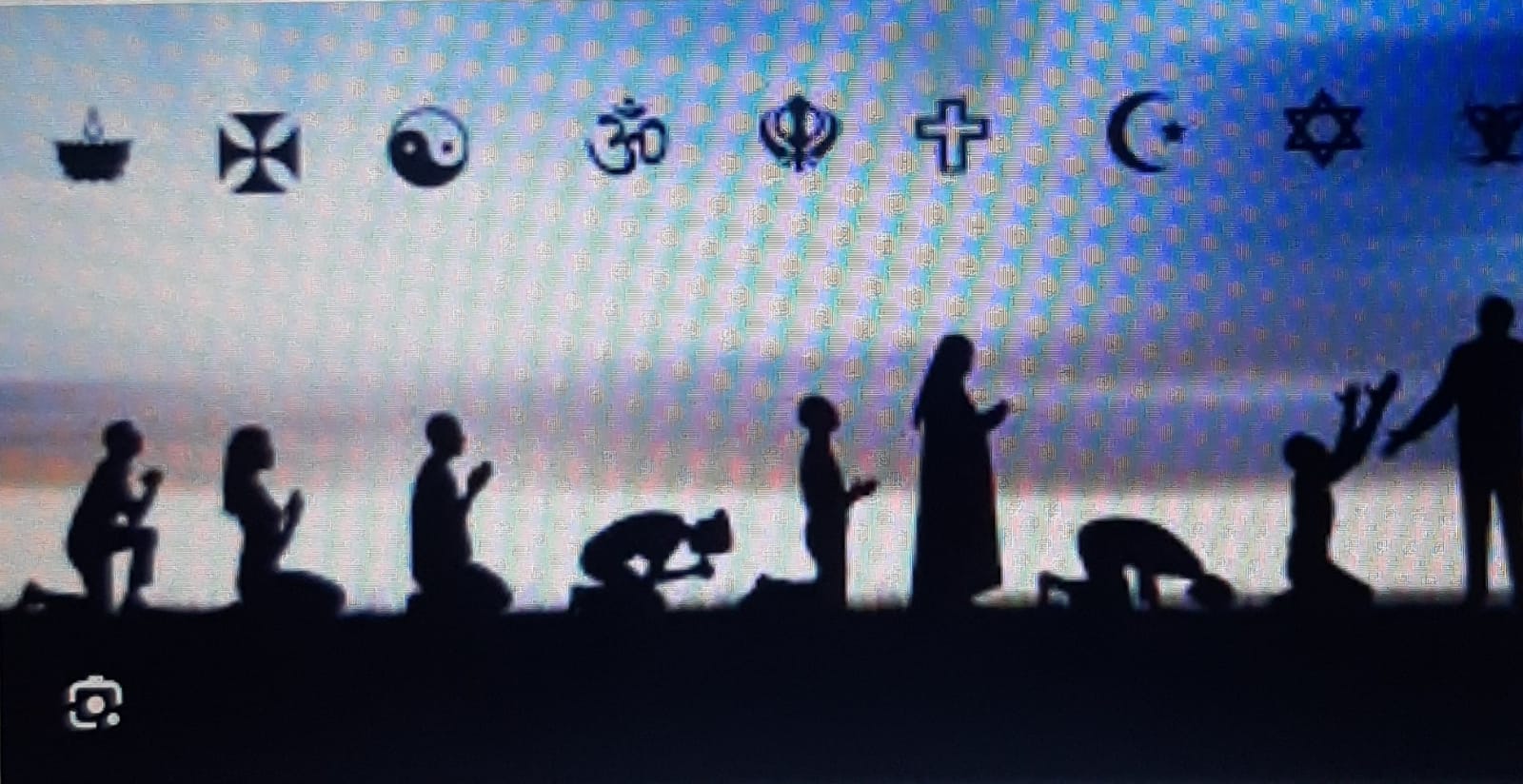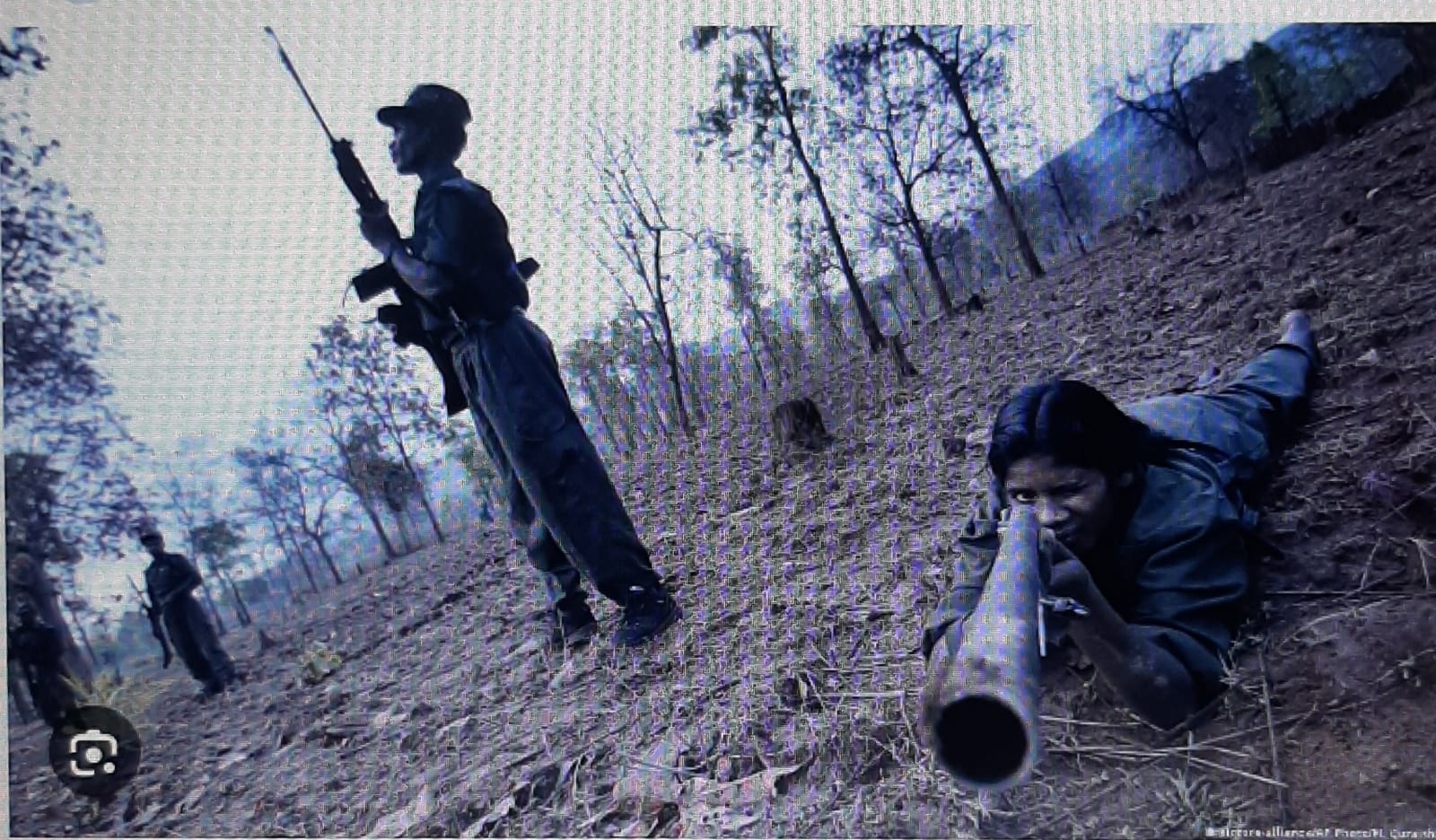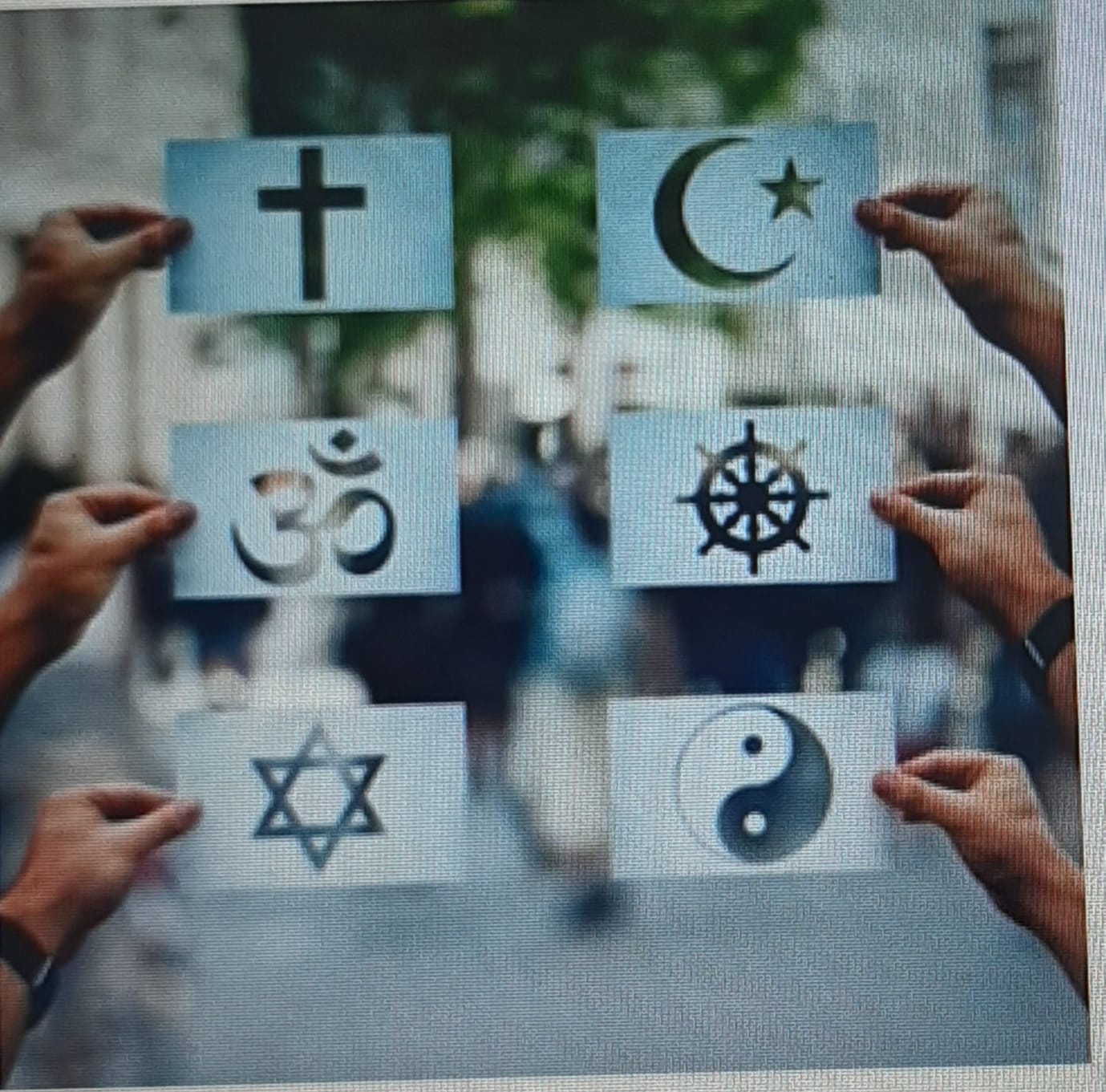
We need to heed the salutary advice of the great thinkers, philosophers and ethical leaders to be tolerant, just and compassionate, to live and let live. Then only will we stop the never ending cycles of bloodshed and devastation in the world, writes former IAS officer V.S.Pandey
People have been very apprehensive for the past few decades anxiously watching unforeseen situations unfolding around them. Initially, it was the bloody birth of Bangladesh demolishing the two-nation theory, then came the tumultuous Iranian revolution, the spectacular breakup of USSR, the fundamentalist Taliban takeover in Afghanistan, the unabated attacks in Iraq and Afghanistan followed by an Arab Spring a decade later.
In 2022, the sudden toppling of the elected government in Sri Lanka by public protests, Aragalaya, are being repeated and resonating in Bangladesh currently, where turmoil prevails even after a new interim government has taken over. Most of these regime changes were due to “public upsurge” at the outset. Their impact on advancing the democratic good of the nation will be decided by history.
Peoples protests and struggles are recurrent in the history of mankind since ancient times. Battles and wars have always occupied the central stage of history -we are definitely not a peace-loving race. Wars were seldom fought for any just cause – their prime aim was to fulfill the lust of ambitious rulers for more power and territory at the exorbitant cost of millions of human lives. The same template is continuing even today, garbed in semantics like safeguarding freedom and democracy in whichever nation the potentates/superpowers choose to covet and invade for geopolitical reasons. It is business as usual. Why has this aggressive aggrandizement been the destiny of the human race? why can’t humans spend their limited life on this planet peacefully and depart leaving behind no destruction and bloodshed.

History is testimony to the fact that before the era of Christ, ambitious, egotist rulers fought to expand their rule, wealth, territory constantly and this unrequited lust led to unending wars. Later, religion entered the fray and for the past two millennia religious wars have consumed millions of innocent lives in the name of fighting crusades for their so- called Gods. Even today, despite espousing secularism, religion remains the ruthless driving force for most of the wars, and millions have lost their lives fighting for their “religious beliefs ”. The question is why should people be fighting in the name of religion when it is purely a personal matter between the individual and the god that he believes in. How can the Omnipotent God of any faith need human protection from the ‘others’? The question of whose god or faith is superior also exacerbates these tensions. The problem with every faith is that it is trying to establish its supremacy, not by doing good but by fostering bitter fighting. How to stop this deep faith/ belief of various people from being so antagonistic and poisoning and decimating society further is a formidable challenge.
This question had been engaging the best minds in every civilization. Syncretism was the predominant need. One of the most brilliant philosophers of the nineteenth century, Fedrich Nietzsche even went on to declare that “God is dead”. The greatest minds of all times- beginning with the oldest known philosophy of Sankhya and Upanishads, philosophies of Stoics, Socrates, Augustine, Al-Ghazali, Averroes, Thomas Aquinas, Bacon, Descartes, Spinoza ,Voltaire, Hume, Kant, Hegel, Schopenhauer, Nietzsche, Wittgenstein to name a few, deliberated tirelessly the question of the purpose of our life on earth and the way forward. All came to one conclusion that if there is a god, He is one, called by any name . “Ekam sat Vipra Bahudha Vadanti”, a Sutra quote that can be traced to the Rigveda and the Upanishads. It literally means “Truth is one, the wise perceive it differently” or God is one, the enlightened or the wise, call him by different names or perceive him differently. Then why does this ceaseless fight go on in the name of defending ones religion?
Swami Vivekananda on September 11, 1893, at the first World’s Parliament of Religions said “Sectarianism, bigotry, and its horrible descendant, fanaticism, have long possessed this beautiful earth. They have filled the earth with violence, drenched it often and often with human blood, destroyed civilization and sent whole nations to despair. Had it not been for these horrible demons, human society would be far more advanced than it is now. But their time is come; and I fervently hope that the bell that tolled this morning in honor of this convention may be the death-knell of all fanaticism, of all persecutions with the sword or with the pen, and of all uncharitable feelings between persons wending their way to the same goal.”
More than a century later, we acutely need to end this diehard fanaticism and declare victory for reason and tolerance everywhere on our planet. There is enough to fulfil all our basic requirements and the focus needs to be on the lofty development of humanity not on engaging in disastrous wars to fulfil petty ends. Mahatma Gandhi , the father of our nation wrote -“It has been my experience that I am always true from my point of view, but am often wrong from the point of view of my honest critics. I know that we are both right from our respective points of view. And this knowledge saves me from attributing motives to my opponents or critics. The seven blind men who gave seven different descriptions of the elephant were all right from their respective points of view, and wrong from the point of view of one another, and right and wrong from the point of view of the man who knew the elephant. I very much like this doctrine of the many ness of reality. It is this doctrine that has taught me to judge a Muslim from his own standpoint and a Christian from his. Formerly I used to resent the ignorance of my opponents. Today I can love them because I am gifted with the eye to see myself as others see them and vice-versa.’’
We need to heed the salutary advice of these great thinkers, philosophers and ethical leaders to be tolerant, just and compassionate, to live and let live. Then only will we stop these never ending cycles of bloodshed and devastation .
(Vijay Shankar Pandey is former Secretary Government of India)




